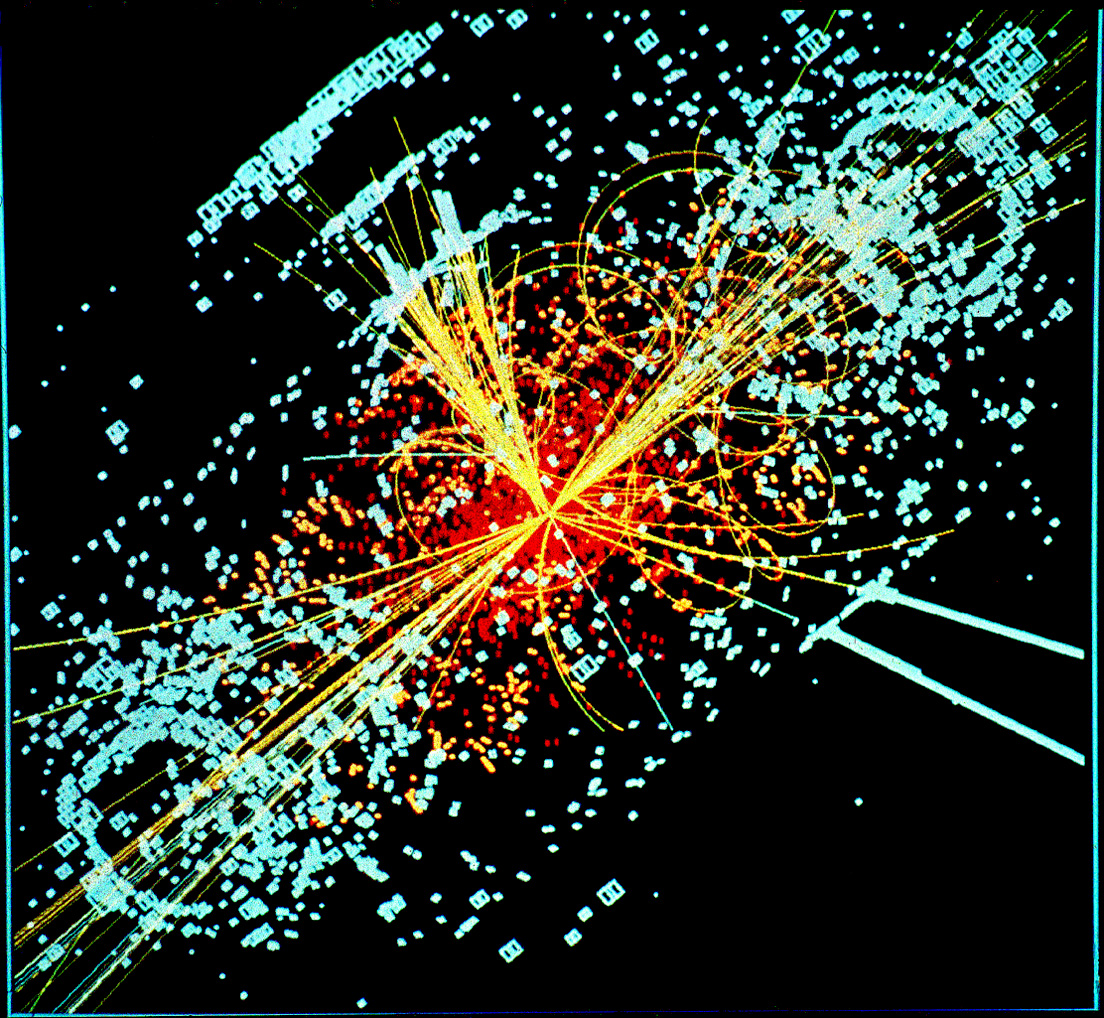This year the Nobel prize was given to François Englert and Peter Higgs for independently finding a theory that explains why particles have mass. The theory was experimentally confirmed 50 years after by the CERN. The details of the discovery and the development of the theory are everywhere. So you can look for it very easily.
What I find most interesting about the news is that the prize was given to a discovery about the curiosity of humankind. In the everyday life it is not very important to know why things have mass. At least not now. Basic discoveries are usually followed by technological advances. But the point is that humans want to know how the Universe is. We want to explain the fine details of the world that surrounds us, for no other reason than "we want to know". And that's the main reason most of scientists work.
Sometimes it's very difficult to explain to the non scientific people what it is that need of finding new things. They don't understand why we should spend billions for an experiment that gives you a "small" answer: 120 GeV/c2. We could be giving this money to charities, or to medical research... things you think would be more helpful. But it is our curious nature the one that placed us in the world we are. This prize also means that the world recognizes the value of mere curiosity, of the need to find out.
(Image from Wikipedia) .
(Image from Wikipedia) .

2 comments :
True scientists will not stop asking questions and looking for answers even if the only things they are left with are a stick and pit of sand.
Long life to Curiosity!
Thanks, Pedro :)
Post a Comment